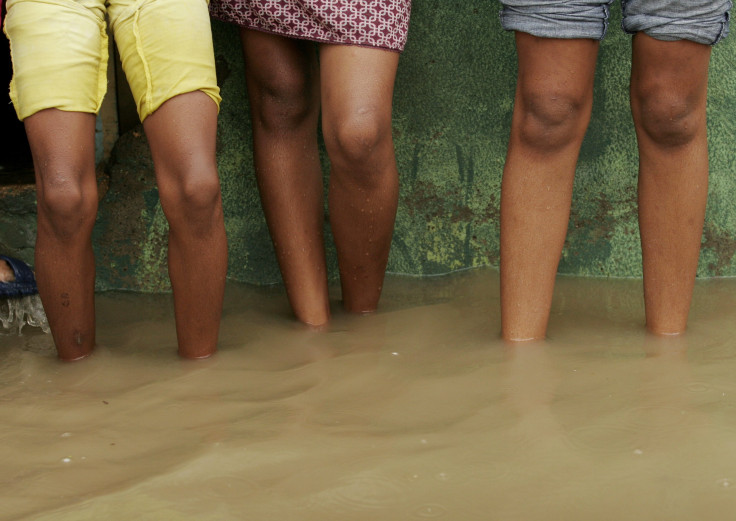Changing Views in Haiti to Fight Elephantiasis

In a country where people first consult voodoo practitioners for treatment, Haiti has come a long way to accepting modern medicine to eliminate the dreaded disease elephantiasis, writes David Brown in The Washington Post.
There has been a dramatic change in peoples' thinking about the disease that was once considered to be a result of some magical powder. "If they see someone in the market with a large leg, people may say, 'You need to go to the hospital,' " said Luccene Desir, a physician from Haiti said, as reported by The Washington Post.
Elephantiasis or lymphatic filariasis is painful disease that is characterized by the swelling of tissues in the body. It is a neglected tropical disease, says the World Health Organization (WHO). The infection spreads through mosquito bites when filarial parasites larvae enter the human body and start developing into adult worms in the human lymphatic system. The infection leads to permanent disability in most people.
WHO estimates that about 1.3 billion people in approximately 72 countries in the world are vulnerable to elephantiasis. Nearly 120 million people around the world are infected and about 40 million are disfigured due to the disease.
Stopping the disease in its tracks
The 2010 earthquake in Haiti brought a change in the way the disease spread as 2 million people began migrating within the country and redistributing the disease to places where it was previously not reported, The Washington Post reports.
One such place where the disease threatened to infect a large population and, as a consequence, saw one of largest prevention strategies was Port-au-Prince. In about 4 weeks, medications that could prevent the spread of the disease were distributed at markets, churches and places were many displaced people were housed after the earthquake.
"You could argue it's the world's largest public health program," said Peter J. Hotez, dean of the National School of Tropical Medicine at Baylor College of Medicine in Houston, reports The Washington Post.
According to a Centers for Disease Control and Prevention survey, about 70 percent of the people living in Port-au-Prince had received the medications. "There was this feeling that we just couldn't quit. Things had come too far to walk away," said Patrick J. Lammie, from the U.S. CDC. Lammie has worked on filariasis in Haiti for more than 20 years, reports The Washington Post.
WHO recommends that all people in the regions known to have elephantiasis be given a single dose of either albendazole (400 mg) or ivermectin (150-200 mcg/kg). Today "everyone in Haiti has gotten the drugs (The actual estimate is 8.7 million.) That's the success story of Haiti. Now we have to do it on an annual basis," Lammie said, as reported by The Washington Post.



























